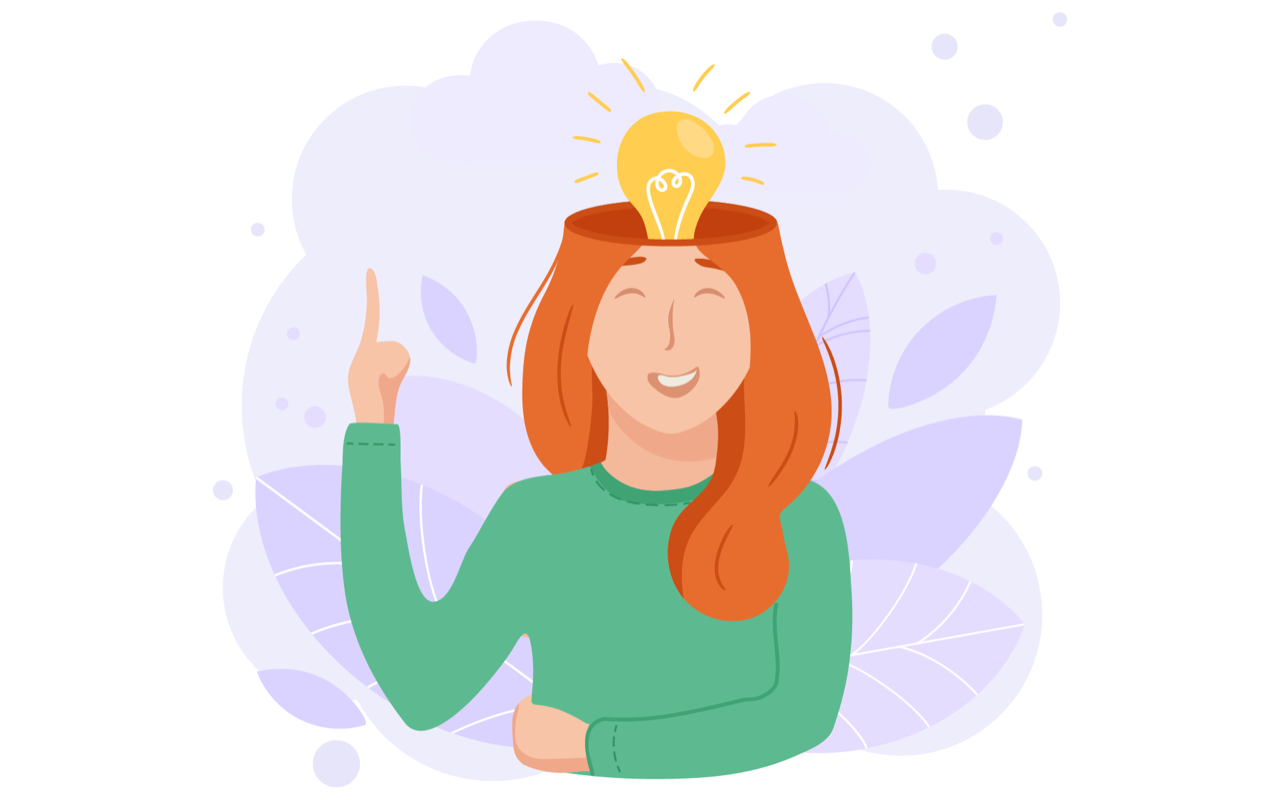If you’re open to new ideas, you’ll be open to positive change. But what if you’re not? Can you change the way you open yourself up to change?
Original. Imaginative. Inventive. Creative. Many people would love to have these positive personality traits – and most believe they already do! Employers look for people who are curious and creative, and life can be filled with rewarding memories if you’re open to new experiences. But what if you don’t think you’re built that way? Can you become more open… and can you change this aspect of your personality?
Openness is the opening O in the OCEAN model of personality assessment, and it’s generally regarded as the most important of the five personality traits in that Five Factor Model. Before you explore how to develop your own openness, it’s important to see where it fits into your all-round personality.
So, what is “openness”?
If you achieve a high score on the Openness scale, it means that you’re creative and daring, that you have broad interests and that you generally prefer variety over fixed routines. A low score on the Openness scale means you tend to be more cautious, and that you prefer consistency. A low score also suggests that you’re quite conventional and down-to-earth, and that you struggle to think abstractly. In short, it means you resist change in favour of familiarity; you know what works, and you don’t see any reason to change it.
But openness goes deeper than that. According to the OCEAN model, openness implies an appreciation for art, emotion, adventure and imagination. If you’re open, you’re curious and you enjoy exploring unusual ideas and trying new things. You’re more creative and more aware of your feelings, and you’re more likely to have a love of learning and of meeting new people.
More! More! New! New! It all sounds great, doesn’t it? Well, yes… within limits. If you’re too open, you’re also more likely to hold unconventional beliefs, which you might find tough to “sell” to people who aren’t as open as you are. What’s more, excessive openness can also make you seem unpredictable or lacking in focus. It also makes you more likely to engage in risky or dangerous behaviour.
Open for business?
Many employers are willing to take that chance, hoping that out-of-the-box thinking will bring positive results. Research published in the journal PLOS One in 2015 found that, in a five-year study of Australian professionals, openness to experience was a predictor of upward job changes into managerial and professional positions.
“Openness to experience is… strongly related to divergent thinking and creativity, and one of its facets is the generation of new ideas,” the authors wrote. “Those characteristics are in turn linked to leadership in organisations, so that employees with high openness to experience may be especially fitting for managerial positions. Additionally, employees with high openness to experience are more likely to seek work in complex, self-directed positions and jobs with higher job status, such as managerial and professional positions.”
Key to it all is what’s known as “intellectual humility”, the notion that you don’t know everything, making you open to new ideas. Researchers at Pepperdine University in California summed it up brilliantly in a recent paper “An intellectually humble person is able to find the right balance between dogmatically rejecting the dissenting viewpoints of others and yielding too quickly in the face of intellectual conflict.”
In other words, the secret to success is being open… but not so open that you’re distracted by every new idea that comes along (regardless of its merits).
How to become more open
Developing your own sense of openness involves pushing yourself to try new things. Here are a few you could try:
• Travel: New places naturally bring new experiences. When you travel, you meet new people, see new places and open yourself up to new cultures and new ways of living.
• Reading: Explorer and entrepreneur Shane Snow’s research found that fiction readers tend to score higher in intellectual humility. This could be because “their brains are a little bit better trained to seek out stories that vary from their own, and see characters’ experiences and opinions as potentially valid”. Either way, reading a good story is a good way to start if you’re not yet open to the idea of travelling to exotic places!
• Meditation: Mindfulness practices offer a good way to explore your own ego and personality, finding what your mental or emotional limits are and considering ways to broaden your inner horizons.
• Changing your routine: People at the “closed” end of the openness scale tend to be creatures of habit who may be stuck in their ways. The easiest way to change that is by doing an old thing in a new way – for example, try taking a different route to work or frequenting a new coffee shop.
Shane Snow has a special interest in openness, as you’d expect from some whose CV includes creative jobs in journalism and media technology. For his book, Dream Teams, he conducted a series of studies of thousands of American workers, looking for correlations between open-minded people and the way they live and work.
“The results indicated that most people overestimate themselves,” he wrote in the Harvard Business Review “95% of people rated themselves as more open-minded than average, which, of course, cannot be true! But this suggests that most leaders don’t know how much of a blind spot intellectual humility is in their work.”
The bottom line: even if you think you’d score off the charts on openness in a personality assessment, everybody has room for growth. So, why not start by being open to that?

Leave a Reply